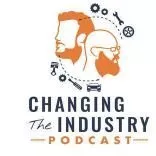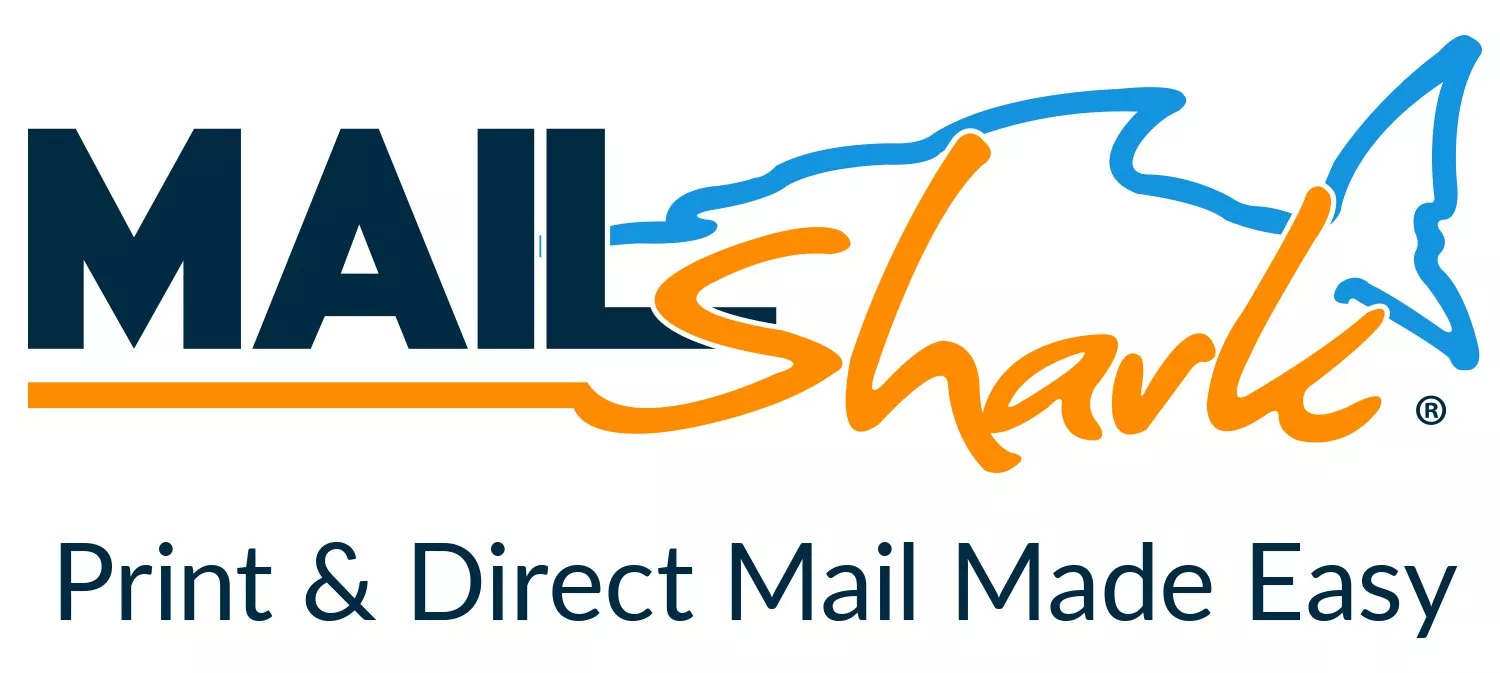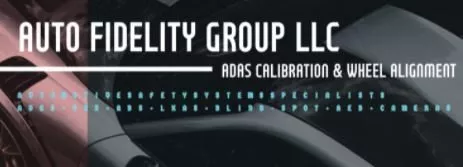What if the CUstomer Brings His own parts
-
Available Subscriptions
-
Have you checked out Joe's Latest Blog?
-
By Joe Marconi in Joe's Blog0 commentsIt always amazes me when I hear about a technician who quits one repair shop to go work at another shop for less money. I know you have heard of this too, and you’ve probably asked yourself, “Can this be true? And Why?” The answer rests within the culture of the company. More specifically, the boss, manager, or a toxic work environment literally pushed the technician out the door.
While money and benefits tend to attract people to a company, it won’t keep them there. When a technician begins to look over the fence for greener grass, that is usually a sign that something is wrong within the workplace. It also means that his or her heart is probably already gone. If the issue is not resolved, no amount of money will keep that technician for the long term. The heart is always the first to leave. The last thing that leaves is the technician’s toolbox.
Shop owners: Focus more on employee retention than acquisition. This is not to say that you should not be constantly recruiting. You should. What it does means is that once you hire someone, your job isn’t over, that’s when it begins. Get to know your technicians. Build strong relationships. Have frequent one-on-ones. Engage in meaningful conversation. Find what truly motivates your technicians. You may be surprised that while money is a motivator, it’s usually not the prime motivator.
One last thing; the cost of technician turnover can be financially devastating. It also affects shop morale. Do all you can to create a workplace where technicians feel they are respected, recognized, and know that their work contributes to the overall success of the company. This will lead to improved morale and team spirit. Remember, when you see a technician’s toolbox rolling out of the bay on its way to another shop, the heart was most likely gone long before that.
-
-
Similar Topics
-
By nptrb
Premium Member Content
This content is hidden to guests, one of the benefits of a paid membership. Please login or register to view this content.
-
By carmcapriotto
Thanks to our Partners, NAPA Auto Care and NAPA TRACS Recorded at Vision Hi-Tech Training & Expo, Kim Auernheimer shares insights from managing two shop locations in Brentwood and Monteagle, Tennessee, each with vastly different demographics and market dynamics. She dives into the unique challenges and strategies required to adapt to both environments, highlighting the importance of tailored marketing, community involvement, and a steadfast commitment to customer service and employee well-being. Kim’s story illustrates how strong leadership and adaptability can build a solid reputation across diverse markets.
Kim Auernheimer, CS Automotive, 2 locations, TN. Listen to Kim’s Episodes HERE. Show Notes Watch Full Video Episode Vision Hi-Tech Training & Expo: https://visionkc.com/ Introduction to the Episode (00:00:00) Personal Interaction with Marcus Lemonis (00:03:14) Challenges in the Automotive Industry (00:05:10) Analogy of Automotive and Medical Fields (00:06:27) Three P's of Business (00:08:31) Market Differences: Tale of Two Cities (00:09:40) Demographics and Market Understanding (00:11:02) Adapting Strategies for Different Markets (00:15:35) Customer Service Approach in Monteagle (00:16:34) Community Engagement Strategies (00:20:06) Challenges of Remote Management (00:21:00) Marketing and Community Presence (00:22:00) Geofencing Marketing Tactics (00:22:39) Billboard Advertising Insights (00:24:04) Reputation Management Challenges (00:28:06) Building Customer Trust (00:29:56) Employee and Customer Care Philosophy (00:32:47) Business Name Evolution (00:33:28) Customer Experience and Joy (00:36:07) Upgrading Facilities for Service (00:36:29) Importance of Cleanliness (00:38:03)
Thanks to our Partners, NAPA Auto Care, NAPA TRACS and Automotive Management Network Learn more about NAPA Auto Care and the benefits of being part of the NAPA family by visiting https://www.napaonline.com/en/auto-care NAPA TRACS will move your shop into the SMS fast lane with onsite training and six days a week of support and local representation. Find NAPA TRACS on the Web at http://napatracs.com/ Connect with the Podcast: -Follow on Facebook: https://www.facebook.com/RemarkableResultsRadioPodcast/ -Join Our Virtual Toastmasters Club: https://remarkableresults.biz/toastmasters -Join Our Private Facebook Community: https://www.facebook.com/groups/1734687266778976 -Subscribe on YouTube: https://www.youtube.com/carmcapriotto -Follow on LinkedIn: https://www.linkedin.com/in/carmcapriotto/ -Follow on Instagram: https://www.instagram.com/remarkableresultsradiopodcast/ -Follow on Twitter: https://twitter.com/RResultsBiz -Visit the Website: https://remarkableresults.biz/ -Join our Insider List: https://remarkableresults.biz/insider -All books mentioned on our podcasts: https://remarkableresults.biz/books -Our Classroom page for personal or team learning: https://remarkableresults.biz/classroom -Buy Me a Coffee: https://www.buymeacoffee.com/carm -Special episode collections: https://remarkableresults.biz/collections The Aftermarket Radio Network: https://aftermarketradionetwork.com/ Remarkable Results Radio Podcast with Carm Capriotto: Advancing the Aftermarket by Facilitating Wisdom Through Story Telling and Open Discussion. https://remarkableresults.biz/ Diagnosing the Aftermarket A to Z with Matt Fanslow: From Diagnostics to Metallica and Mental Health, Matt Fanslow is Lifting the Hood on Life. https://mattfanslow.captivate.fm/ Business by the Numbers with Hunt Demarest: Understand the Numbers of Your Business with CPA Hunt Demarest. https://huntdemarest.captivate.fm/ The Auto Repair Marketing Podcast with Kim and Brian Walker: Marketing Experts Brian & Kim Walker Work with Shop Owners to Take it to the Next Level. https://autorepairmarketing.captivate.fm/ The Weekly Blitz with Chris Cotton: Weekly Inspiration with Business Coach Chris Cotton from AutoFix - Auto Shop Coaching. https://chriscotton.captivate.fm/ Speak Up! Effective Communication with Craig O'Neill: Develop Interpersonal and Professional Communication Skills when Speaking to Audiences of Any Size. https://craigoneill.captivate.fm/ Click to go to the Podcast on Remarkable Results Radio
-
By Changing The Industry
Episode 217 - Going From Management to Ownership At A Tire Shop with Michael & Anna Bellevue
-
By MikesPlaceAuto
Hello from Montana. Longtime mechanic/technician, first-time shop owner. Reaching out to many sources for information and advice. Small shop in rural setting, specializing in electrical and electronics. Thanks for any good words. Mike
-
-
By nptrb
Premium Member Content
This content is hidden to guests, one of the benefits of a paid membership. Please login or register to view this content.
-
-
-
Our Sponsors

















Recommended Posts
Create an account or sign in to comment
You need to be a member in order to leave a comment
Create an account
Sign up for a new account in our community. It's easy!
Register a new accountSign in
Already have an account? Sign in here.
Sign In Now